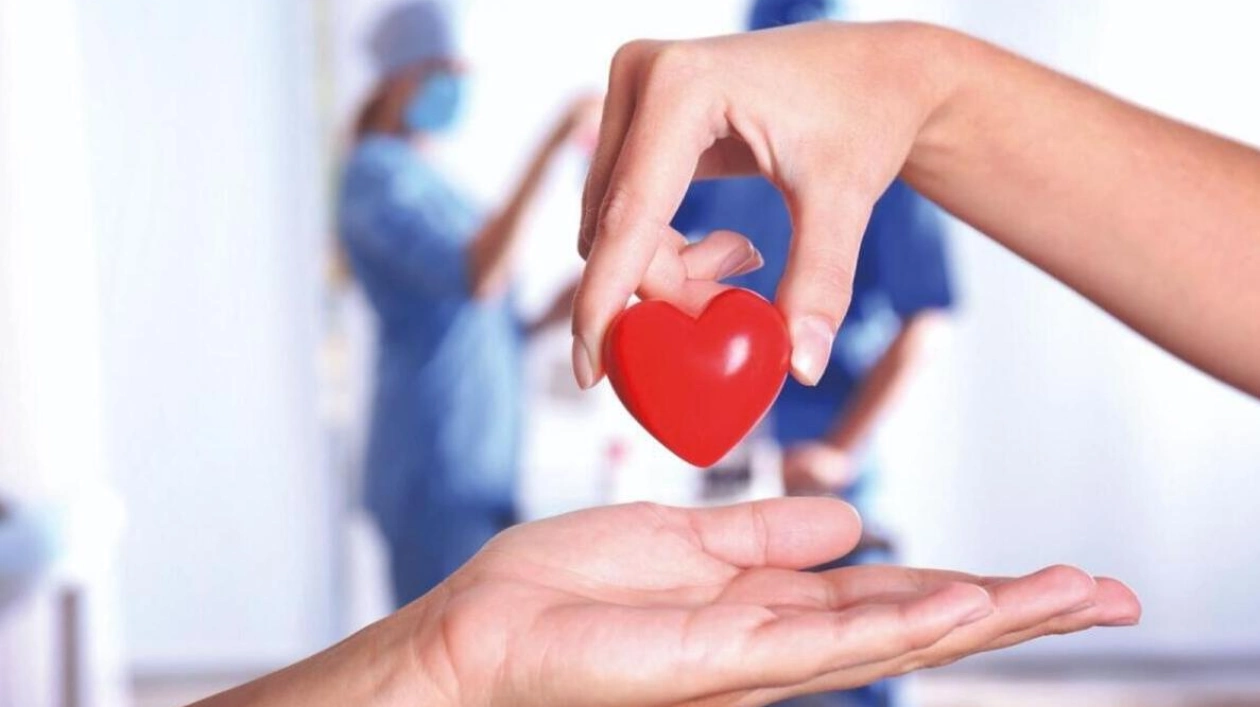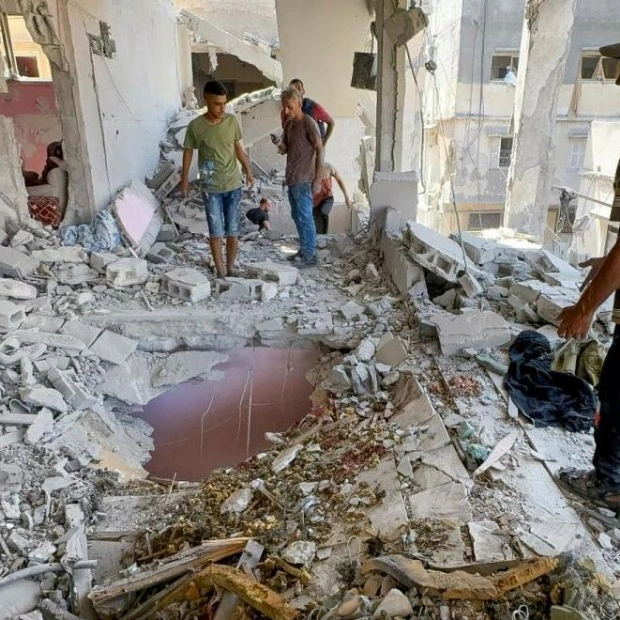The United Arab Emirates (UAE) boasts an organ utilisation rate (ORU) of 4.2, one of the highest globally, as highlighted by a local expert. Dr. Maria Gomez, Director of Organ Donation and Transplantation at the Ministry of Health and Prevention (MOHAP), termed this statistic as "good news" for the UAE. The ORU measures the number of organs successfully transplanted from deceased donors. Dr. Gomez elaborated on this achievement during the launch of a pediatric liver transplant center at Kings College Hospital London, Dubai. "It's due to the dedication of our medical team," she stated. "They ensure the donor's organs function optimally before retrieval. We also collaborate internationally, assisting neighboring countries like Kuwait and Saudi Arabia with organ exchanges. A bilateral agreement with Pakistan further enhances our efforts."
The UAE's National Programme for Donation and Transplantation of Human Organs and Tissue, known as Hayat, allows any adult with an Emirates ID to register for organ donation post-brain death. One donor can potentially save up to eight lives. Ukrainian national Nadiia Musiuk, whose liver failed due to an autoimmune disease, became the first recipient of a donor liver at Kings College Hospital London, Dubai, in November 2023. "This year, I celebrated my son's 13th birthday thanks to that donation," she shared. "I am profoundly grateful to the donor's family for the gift of life." Nadiia's husband initially opposed her registering as a donor but later supported her decision, and she joined the Hayat program. "I share my story to inspire others to donate," she said.
Dr. Hanan Obaid from the Dubai Health Authority (DHA) noted the UAE's diversity in organ donations. "Currently, 54 nationalities have either benefited from or contributed to organ donations in the country," she said. "With over 200 nationalities residing here, we aim to unite them through this program." Kimberley Pierce, CEO of Kings College Hospital London, Dubai, explained the UAE's organ transplant process. "There's an electronic transplant registry where all patients are listed," she said. Patients requiring liver transplants are evaluated using the Model for End-Stage Liver Disease (MELD) score, which gauges the liver's health. "The higher the MELD score, the more critical the patient's condition," she explained. "When a liver becomes available, it goes to the sickest patient, managed by the National Transplant Centre. No hospital can influence this decision; it's based on the MELD score at a national level."
Source link: https://www.khaleejtimes.com






